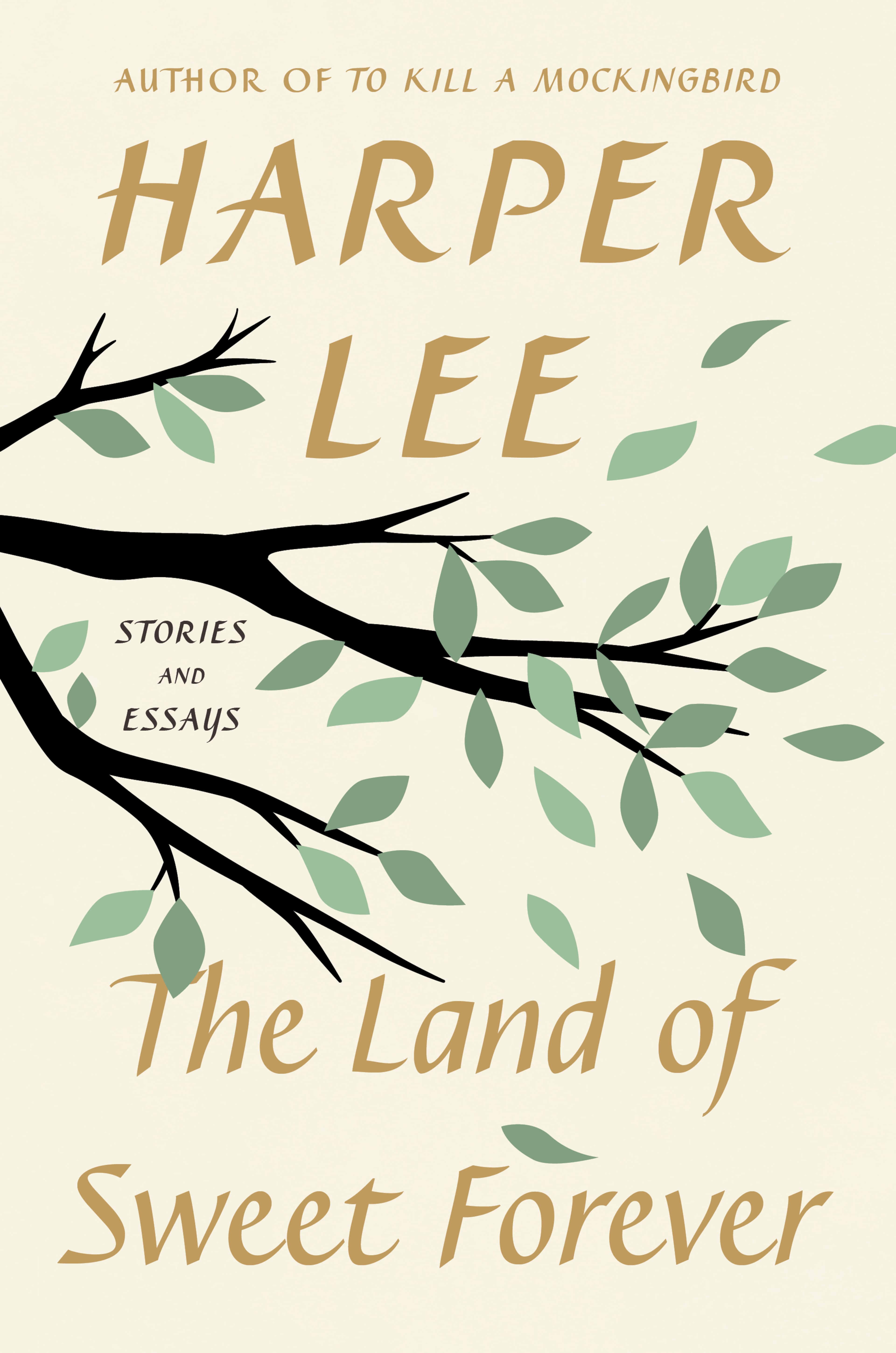Bookshelf: New book of Harper Lee stories illuminates her literary journey

Harper Lee spent the majority of her adulthood dividing her time between New York City and the place of her birth, Monroeville, Alabama. That is until 2007, when a stroke landed her in an assisted living facility in her hometown. She remained there until her death in 2016.
Nevertheless, she never relinquished her one-bedroom apartment in Manhattan. Among the possessions discovered there after her death were eight never-before-published short stories. They make up the first half of “The Land of Sweet Forever” (Harper, $30), a newly released collection of short works by the author of “To Kill a Mockingbird.”
Considering the scarcity of her work, publication of anything by Lee is a major cause for celebration. Aside from a few magazine articles, her sole literary output for 55 years was the 1960 juggernaut that sold millions of copies, garnered a Pulitzer Prize and became an Oscar-winning film starring Gregory Peck.
That changed in 2015, one year before Lee’s death, when she published the novel “Go Set a Watchman.” Critical reception was lukewarm and fans took issue with its depiction of Atticus Finch as a racist. Still, it was the top-selling print book in the country that year.
The short stories in “Sweet Forever” contain many of the same qualities that made “Mockingbird” exceptional. Lee’s talent for creating vivid characters, turning a phrase with astonishing grace and conveying a deep-seated respect for the inner lives of children is on display.

Lee was in her 20s and newish to the craft of writing when she penned these stories, so it’s not a big surprise that some of them don’t completely coalesce, reading more like vignettes than fully developed short stories. They are fun to read as character studies, though, especially the first three, with their links to “Mockingbird.”
In the titular story, “The Land of Sweet Forever,” the narrator is much like Lee, a NYC transplant visiting small-town Alabama. The story opens with her bemoaning the lack of intellectual discourse among locals. Then a kerfuffle with the music director at church over changing the tempo of a beloved hymn results in her meeting a young man whose intellect she underestimates.
The most disturbing story is “The Cat’s Meow,” a study in guilt by complicity. Again, the narrator is a big city transplant slumming it back home in the rural South. She and her sister, Doe, with whom the narrator is staying, become obsessed with the gardener, Arthur. An educated Black man from up north, his “bearing was not that of studied, deliberate humility like the graduates of Tuskegee Institute…”
At first the sisters enumerate Arthur’s many good qualities, while expressing a discomfort with his presence — why, exactly, they can’t quite pinpoint. But Doe’s tone changes when Arthur exercises free will and steps outside the lane the sisters had imagined for him. When Doe begins to voice her “deep-water segregationist” views, the narrator, who fancies herself more broad-minded, remains mum to preserve their relationship.
Reading “The Cat’s Meow,” I was reminded of how many of us bite our tongues to get through holiday dinners with friends and family members on opposite sides of the political spectrum these days.
The rest of the book is devoted to eight nonfiction pieces. Written after “Mockingbird,” they are much more polished than the preceding stories. They include a tribute to Gregory Peck for the American Film Institute and one to Truman Capote for the Book of the Month Club.
“Christmas to Me,” written for McCall’s, tells the story of Lee receiving a life-changing gift from friends who paved the way for her to write “Mockingbird.” The collection ends with a chatty homage to the joys of reading and a critique of electronic media for O magazine in 2006.
It’s apparent that Lee’s archives have not produced any other manuscripts of a quality on par with “Mockingbird” or we would have seen it by now. But what “The Land of Sweet Forever” does for fans is provide insight into Lee’s writing life before and after “Mockingbird,” and it allows them to immerse themselves once again in her language, her voice and her worldview.
Suzanne Van Atten is a book critic and contributing editor to The Atlanta Journal-Constitution. She may be reached at Suzanne.VanAtten@ajc.com.

